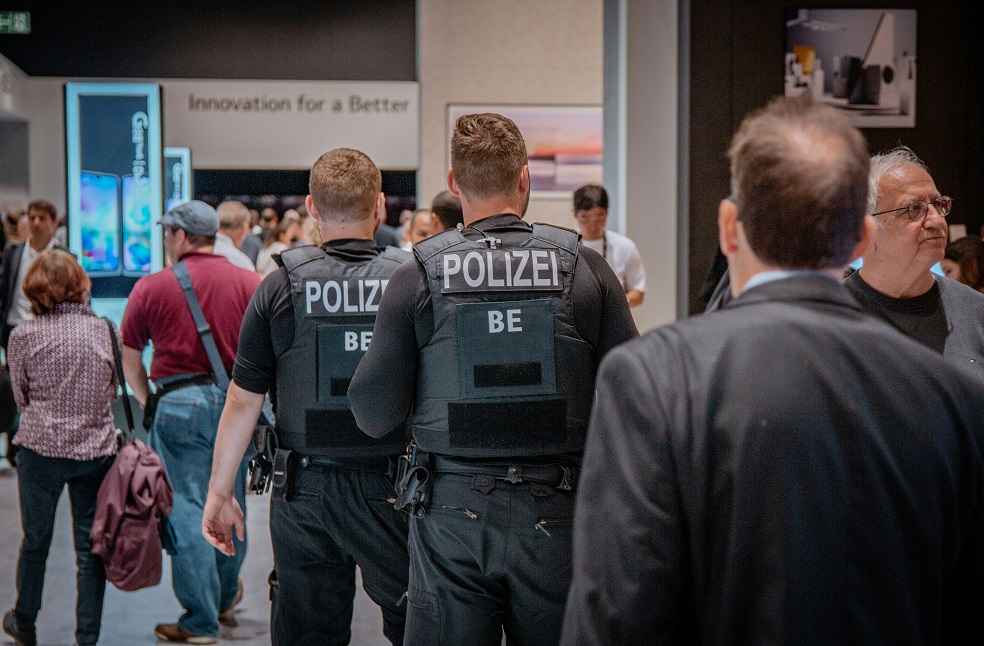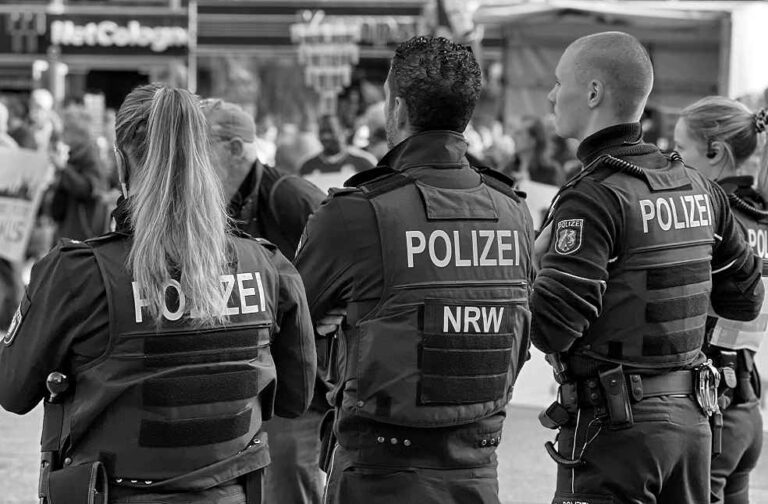Berlin: Germany has implemented expanded border controls, aimed at curbing illegal immigration and crime, with temporary checks reinstated along its western and northern borders. These controls are in effect at crossings shared with Belgium, Denmark, France, Luxembourg, and the Netherlands, and are expected to last for six months, with the possibility of extension.
Germany had already been enforcing border checks along its eastern and southern frontiers, but the expanded measures have drawn sharp criticism, particularly from the Socialist Left Party. Party leaders argue that the new border controls will not resolve the issue of illegal migration but instead create new problems, such as traffic congestion. The Left Party has accused the federal government of adopting far-right Alternative for Germany (AfD) policies on immigration, which has fuelled the debate on the effectiveness of the country’s migration strategy.
Chancellor Olaf Scholz’s government has defended the decision, stating that the enhanced border measures are crucial for national security and to manage the increasing numbers of people entering the country unlawfully. German Defence Minister Yoav Gallant echoed the sentiment, insisting that strong border controls are the only way to ensure the safety and security of German residents.

Germany shares a 1,400-kilometre border with its western neighbours, and checks were already being conducted along the 2,400-kilometre eastern and southern borders. On the first day of the expanded border control enforcement, police reported turning away over 30,000 individuals, most of whom were suspected refugees from Syria, Afghanistan, and Iran. Many of those denied entry held EU refugee passes, but were still turned back due to concerns over the validity of their documentation and security risks.
The government remains firm on its stance, despite growing concerns about the long-term impact on traffic and regional trade. Opponents of the policy warn that continued enforcement may lead to logistical challenges and exacerbate tensions within the European Union, as it raises questions about the free movement of people within EU borders.
MOST READ | Aircraft giant Boeing faces new crisis as workers strike



